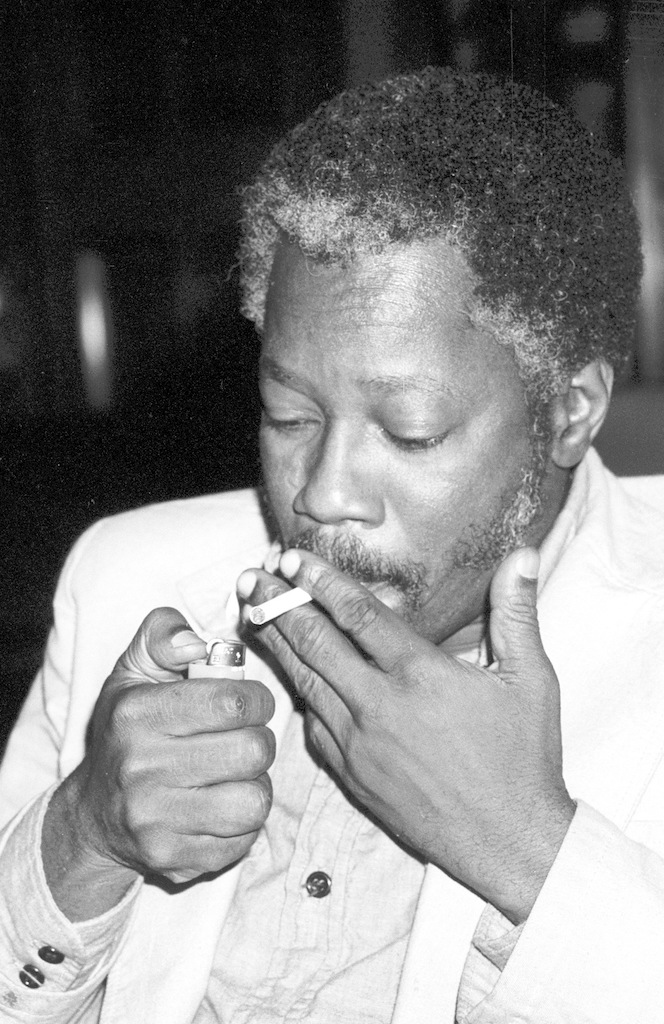
There was no charisma about the group, no show-biz patina – just good, honest musicianship and the conviction of players who believe and exalt in what they are doing.
Any trumpet player who takes his inspiration from Clifford Brown, as Bill Hardman does, has a sporting chance of causing me to let my Chicken Supreme get cold
It took a little while for the set to come alive, probably because the club was woefully under-populated. But once into their stride, these fine musicians laid down some very fetching bop. Reaching for the pat and accessible epigram, the disparaging critic would probably talk of the group in terms of Jazz Messenger clones – and certainly none of the players has much chance of finishing up in the jazz hall of fame as a great innovator. But any trumpet player who takes his inspiration from Clifford Brown, as Bill Hardman does, and any saxophone player who has the epic Rollins/Coltrane Tenor Madness locked into his consciousness, as Junior Cook does, has a sporting chance of causing me to let my Chicken Supreme get cold.
And then there is the exemplary Walter Bishop Jr., a former Blakey alumnus (like Hardman and the group’s bassist, Chan Suzuki), a composer of merit and a man whose piano solos reach back into his musical past and reflect his admiration for Bud Powell, Monk, Parker and other bop pioneers.
Bill Hardman points out that there are not all that many musicians around today keeping that good honest bebop alive and to him and the group it is a matter of dedication to a cause. That’s how they play.
Cole Porter’s I Love You provided some of the most memorable moments of the evening. Both Hardman – brittle, crackling and full of double-time triplets, slurs and Brownie-type trills – and Junior Cook. thoughtful, constructive and side-stepping clichés with commendable flair, played fine solos. Then, when they came to exchanging two-bar segments, their mutual musical understanding was thrown strongly into relief. They didn’t use the familiar dodge of picking up on each other’s phrases and reworking them – they played differently, but with total compatibility. It was a kind of subtle rapport difficult to pinpoint with words but it was mighty impressive.
It’s sad that fine musicians like these, whose celebrity falls so far short of their skills, should not have the benefit of bigger and more responsive audiences.
Playing opposite was singer Pepe Lemer. fronting a tight jazz-rock band, presenting some effective songs by talented keyboard man Brian Miller and singing them with strident enthusiasm.















